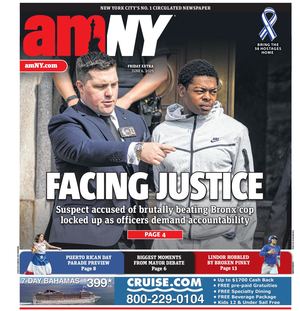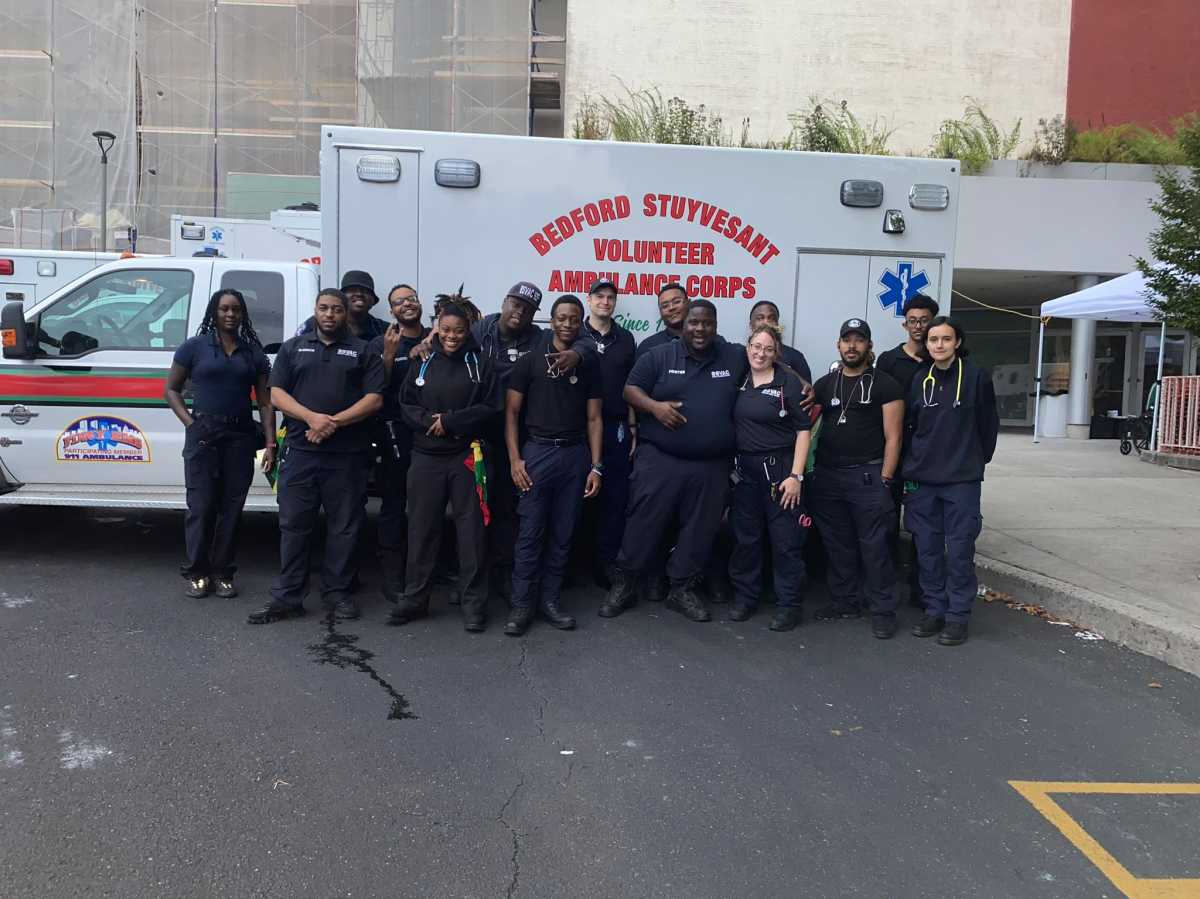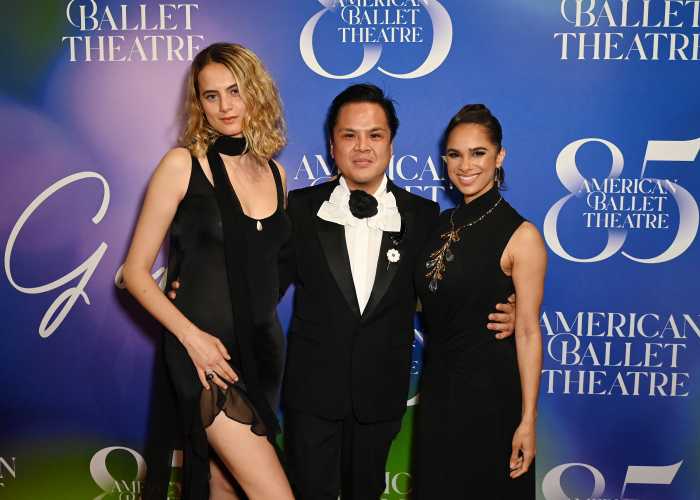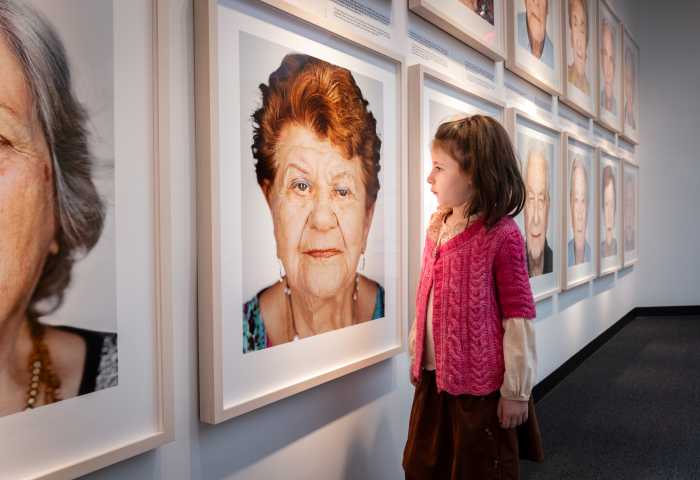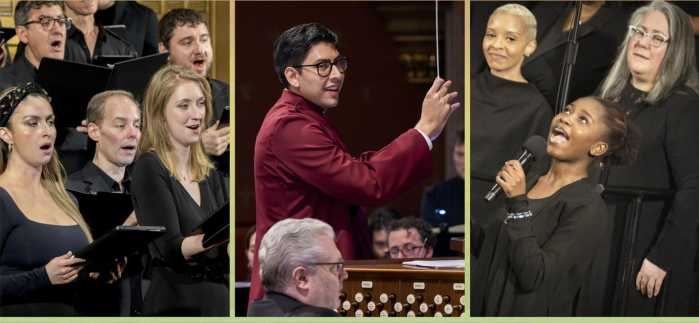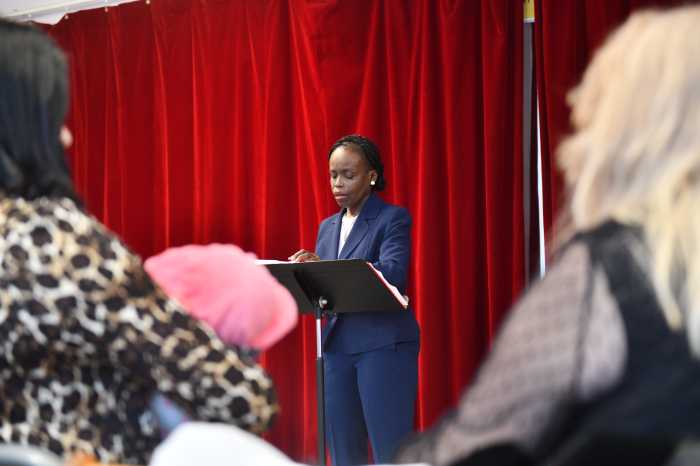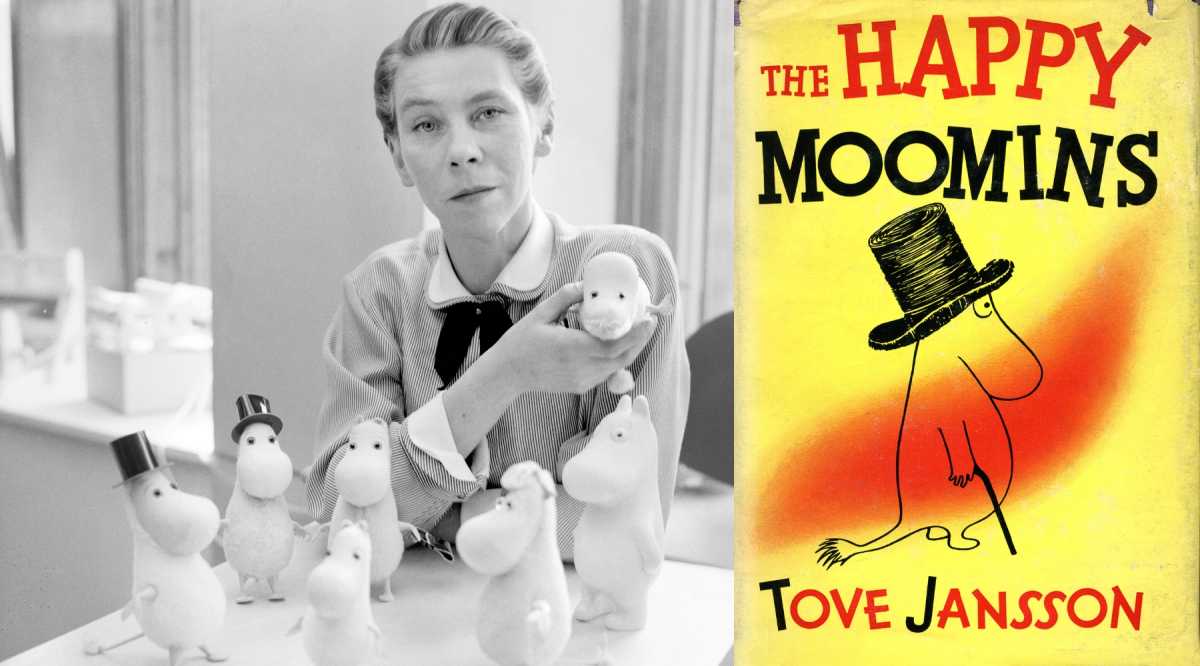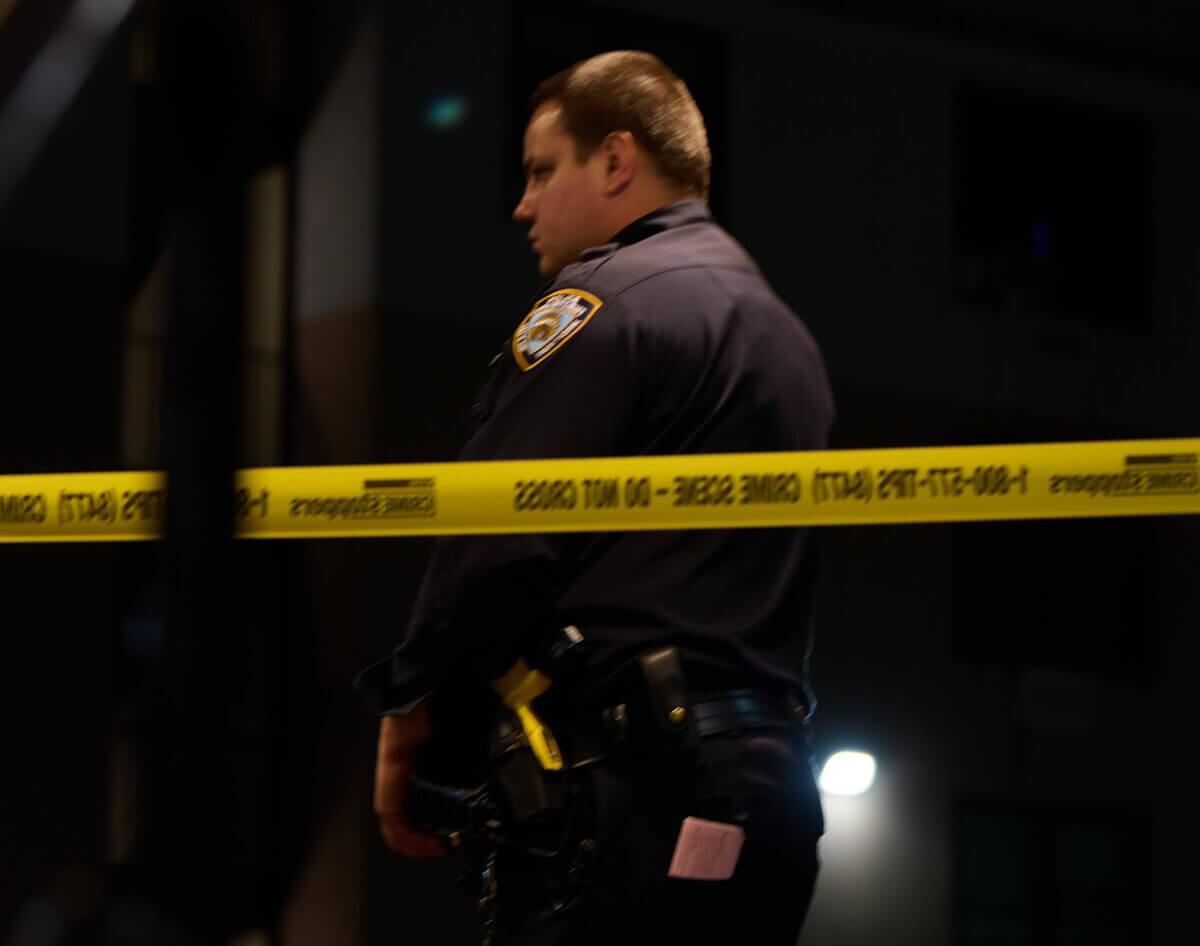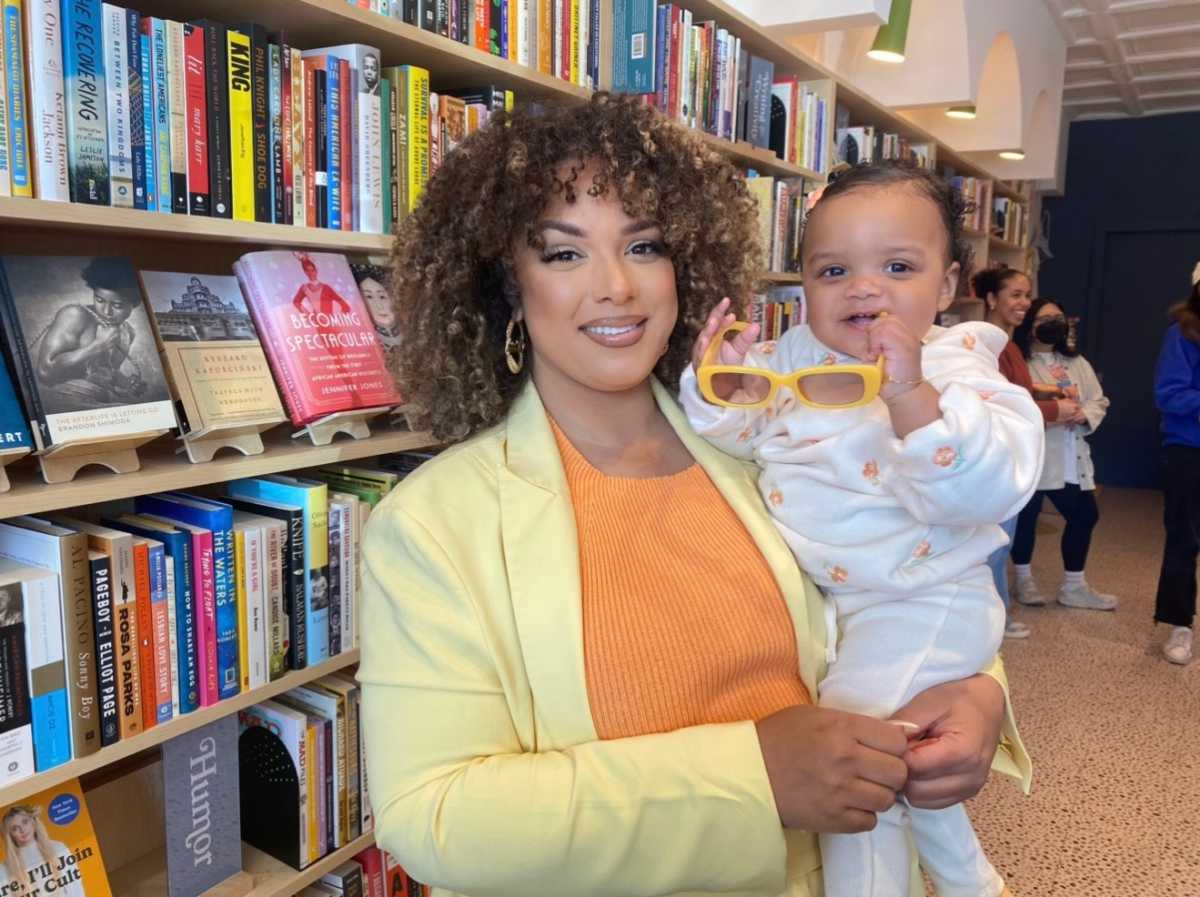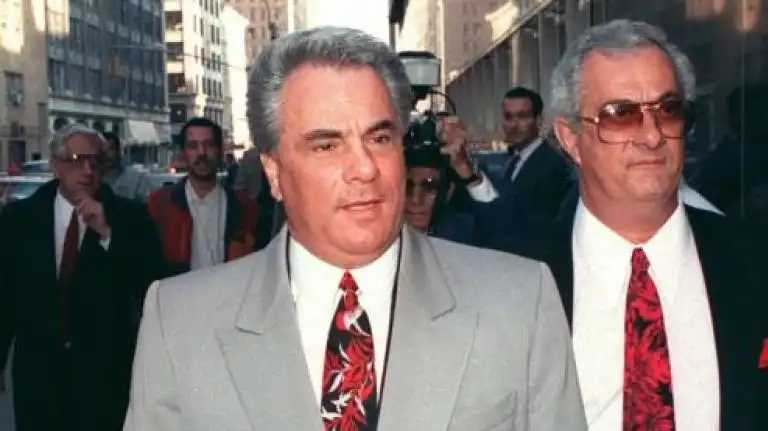Domenick Salvatore is fighting an uphill battle from the Brooklyn headquarters of his company, National Recording Supplies.
Every day, the 51-year-old owner of the media distribution company dusts off a set of big, retro-looking machines and programs them to spit out cassette tapes.
While they may not look like much, these clunky units are special.
Salvatore’s three machines are not only the last of their kind in the city, the business is one of the last cassette-manufacturing companies in the world, making the Brooklyn native one of the only people standing between cassettes and the Great Car Stereo in the Sky.
“You’re probably asking yourself, ‘Why are there still people using audiocassettes when digital is so much easier?'” Salvatore said. “It’s nostalgia, it’s retro — it’s nostalgic and that all has a way of coming back.”
While business isn’t what it used to be, Salvatore says his company, located at 762 5th Ave. in Park Slope, still has a few good things going for it.
In its prime, NRS made close to a half-million cassettes a month for major labels like Sony and Def Jam.
When he started the business in 1992, vinyl and cassette sales hit $9 billion and $3.1 billion, respectively. By the early 2000s, CDs took over the market and NRS’ tape sales plummeted to just 4,000 or 5,000 a month.
Despite this drop — and despite having a profitable digital format branch — Salvatore stuck with the tapes.
“[Cassettes] are my passion,” he says, “That’s how this company first started.”
As improbable as it sounds, that “passion” is starting to pay off. Since bottoming out, NRS is back up to 50,000 tapes a month. Salvatore takes this modest resurgence as a sign that the humble tape may have a “few more good years left.”
Salvatore attributed the uptick to indie labels and hipsters, who started adopting tapes because of their affordability, durability and what he described as the “romance of the cassette.”
Jake Lafferty, a 22-year-old tape collector, understands that romance. He says trading tapes, especially mixtapes, is like sharing something personal.
“Most of the meaningful tapes I have are mixtapes that I’ve traded with friends,” Lafferty said. “[Each cassette] reminds me of a band that I saw or a friend that I made — it’s not so much related to the physical medium, but related to the story behind the piece of plastic.”
